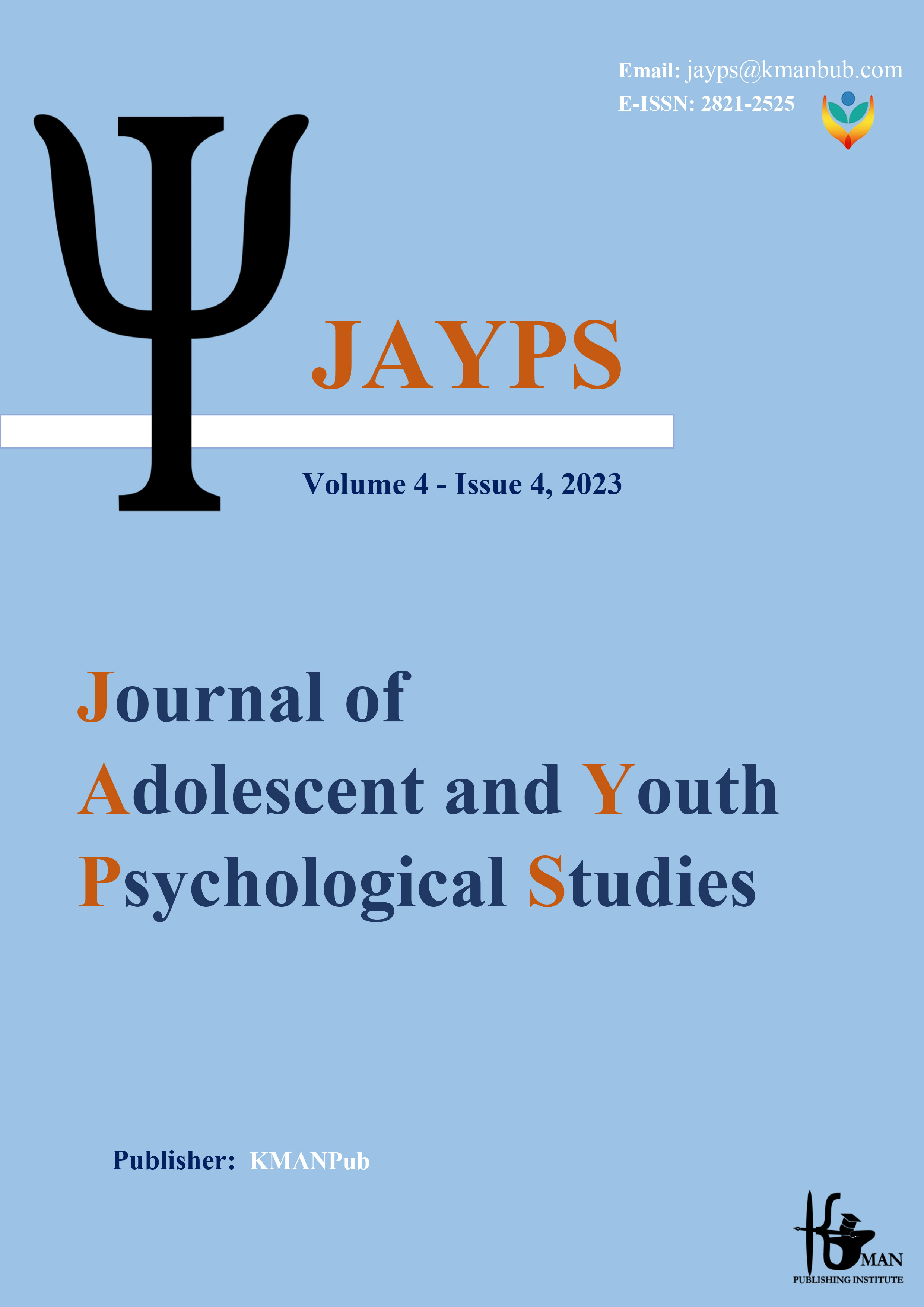The effectiveness of mindfulness based cognitive therapy on rumination, perfectionism and thought-action fusion of women suffering from obsessive-compulsive disorder
Keywords:
cognitive therapy based on mindfulness, rumination, perfectionism, thought-action fusion, thought-action obsession.Abstract
Background and Aim: The purpose of the present study was to determine the effectiveness of cognitive therapy based on mindfulness on rumination, perfectionism, and thought-action fusion of women suffering from obsessive-compulsive disorder who are clients of counseling centers in Neka city. Methods: The present research method is practical in terms of purpose and in terms of field situation and in terms of quasi-experimental method with pre-test and post-test design and follow-up with reference group and random assignment. The statistical population of this research included all women who referred to counseling centers in Neka city in the first three months of 2019. Purposive sampling and 30 women who obtained the highest score in the obsessive-practical research tool of Foa et al. (2002) were selected as a sample and then randomly assigned 15 to the cognitive therapy group based on mindfulness and 15 People were assigned to the control group. The experimental group underwent eight sessions of cognitive therapy based on mindfulness based on the protocol of McKenzie et al. (2018), while the control group did not receive any intervention. Also, the rumination questionnaire of Nalen-Hoeksma and Maro (1991), the identity perfectionism questionnaire of Hewitt and Felt (1991), and the thought-action fusion questionnaire of Shafran et al. (1996) were used in the pre-test, post-test and follow-up stages. Finally, the data were analyzed using ANOVA with repeated measures and Bonferroni's post hoc test. Results: The results showed that cognitive therapy based on mindfulness on rumination (F=20.17, P<0.001), perfectionism (F=17.94, P<0.001) and thought-action fusion (F=13.95, P<0.001) women with obsessive-compulsive disorder has an effect. Conclusion: It can be concluded that cognitive therapy based on mindfulness is effective on rumination, perfectionism, and thought-action fusion of women suffering from obsessive-compulsive disorder, and this therapy can be used to improve women's psychological problems.
Downloads
Downloads
Published
Submitted
Revised
Accepted
Issue
Section
License

This work is licensed under a Creative Commons Attribution-NonCommercial 4.0 International License.









